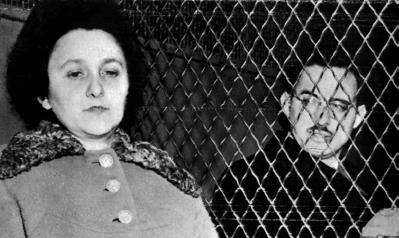The Vinson Court (1946–53)Introduction |
In what opinion did the Vinson Court limit executive branch authority to seize the nation’s steel mills? |
The Vinson Court ruled 6-3 in Youngstown Sheet & Tube Co. v. Sawyer (1952) that President Harry S. Truman exceeded his constitutional authority in empowering Secretary of Commerce Charles Sawyer to seize private steel mills. The president did not follow the procedures outlined in the Labor Management Relations Act, known as the Taft-Hartley Act. Truman believed this would take too much time. Instead, the president took the unusual action because the United Steel Workers of America were on the verge of a strike that could cripple the nation’s steel production during a time when the United States was involved in a major conflict with Korea. Truman believed the impending strike could negatively impact national security.
His executive order stated in part: “A work stoppage would immediately jeopardize and imperil our national defense and the defense of those joined with us in resisting aggression, and would add to the continuing danger of our soldiers, sailors, and airmen engaged in combat in the field.”
The steel companies contended in court that only Congress, not the president, could take such action over private companies. They argued that the president had violated fundamental separation of powers principles by taking Congress’s law-making powers for himself.
The majority of the U.S. Supreme Court agreed with the steel mills and rebuffed the president’s arguments. “The President’s power, if any, to issue the order must stem either from an act of Congress or from the Constitution itself,” wrote Justice Hugo Black. “There is no statute that expressly authorizes the President to take possession of property as he did here. Nor is there any act of Congress to which our attention has been directed from which such a power can fairly be implied.”

